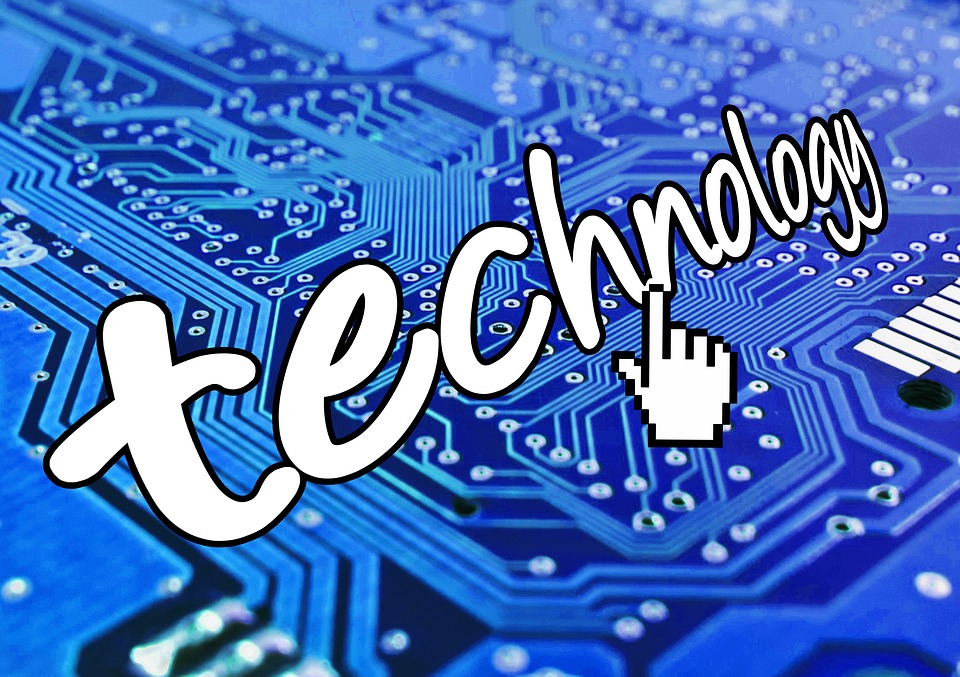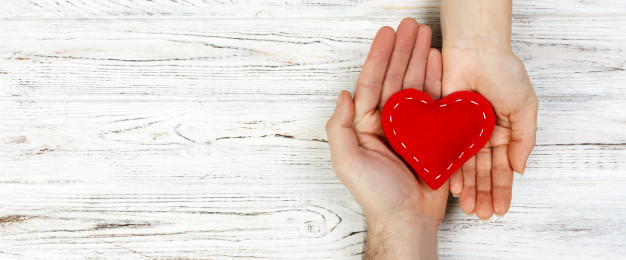People are recognizing the importance of “wellness” (getting and staying well) and being active, informed participants in their health management decisions. Patients have a unique central perspective. Personal Health Records help patients and doctors to communicate and interact successfully. As new technology provides increasing opportunities for self-assessment and self-care, participants require convenient ways to keep track of what works and what doesn’t. PHRs provide capabilities to record relevant information and keep medical professionals informed. For those seeking high quality, accurate, affordable, efficient and cost-effective healthcare, Personal Health Records are likely to become more and more indispensable.
Not so long ago, I thought that Personal Health Records were a waste of time. I have changed. Personal experiences have gradually turned me into an advocate for everyone to have one. In large part, the need for PHRs has been driven by changes in medical and healthcare technology and practices. With increasing specialization, coordination can become an issue. PHRs provide data to patients and their proxies that enables them to communicate more effectively with physicians and other providers. This leads to better decisions. PHRs are memory joggers. They provide important links between past and future generations, helping to spot trends and enable inherited conditions to be addressed before they become serious and chronic. PHRs can be indispensable ingredients in increasingly popular Wellness and Disease Management Programs. I regularly find new benefits and value from my PHR. Here are things to help you learn and put Personal Health Records in perspective.
First impressions are not always the right ones.
My first experience with health records was to create a list of medical expenses for an income tax return. It proved a disappointing waste of time. After listing all my expenses, I found that I was not eligible to claim a tax deduction. Since that experience, I was ready to dismiss the idea when PHRs were mentioned. Besides my experience, I could not see why anyone would ever need one. I thought doctors kept records for their patients and shared them with those who requested them.
PHRs are important in times of emergency.
When I watched victims of Hurricane Katrina and other disasters talk about losing their health records when paper files were destroyed along with their homes, doctor’s offices and hospitals, I started to see value from PHRs. People had lost many different types of personal papers, but loss of health records was the most serious. Without records, it took doctors providing emergency treatment extra time to get up to speed and prepared to treat a patient. Any delay could mean the difference between life and death. If only there were some way for patients to inform their doctors and keep them that way. At the same time, disasters seemed relatively infrequent. I thought of priorities and realized the relatively low probability of needing a PHR to get better emergency care. There must be more reasons to have one. Furthermore, I was not sure what a PHR should contain to make it useful.




